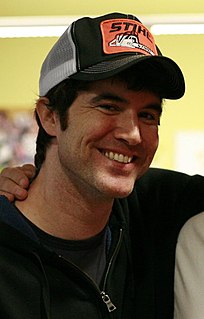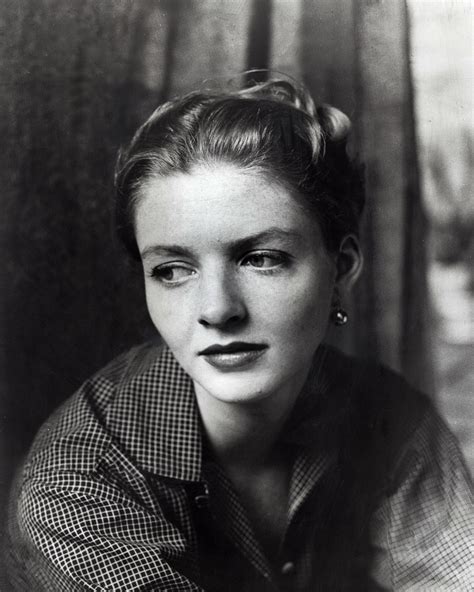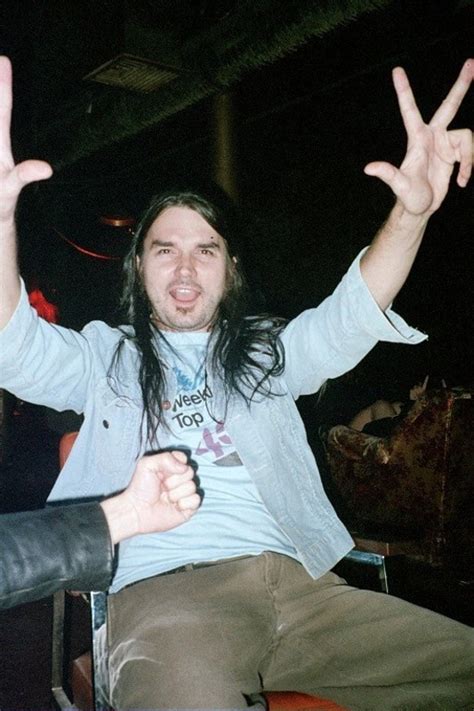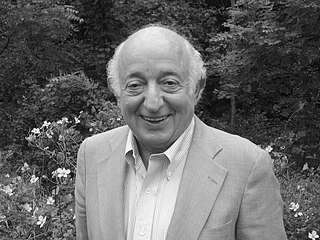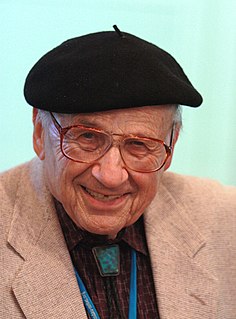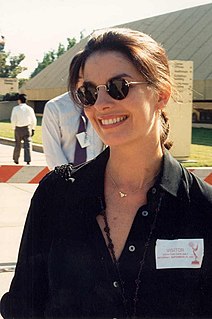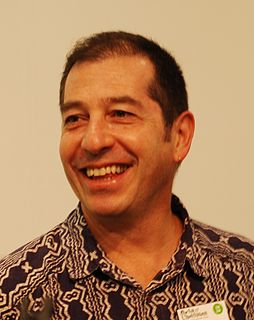A Quote by Sandra Cisneros
I think people are much more concerned about money now. There aren't the big advances of the past. You feel the sense of nervousness about the book industry. It's not like before. Not that I knew very much about what it was like because I was a newcomer to it, but I get that feeling that people are more conservative in their book choices and what they are going to publish and what's a sure sell. As opposed to - just like in the economy - a sense of luxury and sense of risk taking ten years ago.
Related Quotes
In one sense, Facebook is very focused as an address book, as efficient communication. It's like e-mail or like IM or something like that. And we do those things, too, but we do so much more. We try to focus on the whole world and all the things that people are interested in, rather than just people to people, or one to one communication.
I think the important thing about staying creative and staying sharp and original is not to look back too much, and to kind of look to where your vision is going now. But I have felt over the years a definite progression or arc from feeling guilty about what I had done with the first one, because certainly there was all that fundamentalist guilt that came pouring back in. Feeling like I'd done something horrible, "I'm a despicable person and I'm perverse," and all these things, to a sense of the power and the necessity, in a sense, of horror films and dealing with dark material.
You hear people talking about a Scottish sense of humour, or a Glaswegian sense of humour, all sorts of countries and cities think that they've got this thing that they're funny. I read about the Liverpudlian sense of humour and I was like, 'Aye? What's that then?' You get that and you especially hear about a dark Glaswegian sense of humour.
I think that people are really hungry for original content. I think there's a sense of reboots and remakes, and we're lacking in any sense of originality in media. So, I think the people who want something like this which has a graphic novel feel or comic book feel but that is designed and created for the medium of television, I think that is something is very appealing to a lot of people.
I might spend 100 pages trying to get to know the world I'm writing about: its contours, who are my main characters, what are their relationships to each other, and just trying to get a sense of what and who this book is about. Usually around that point of 100 pages, I start to feel like I'm lost, I have too much material, it's time to start making some choices. It's typically at that point that I sit down and try to make a formal outline and winnow out what's not working and what I'm most interested in, where the story seems to be going.
I am very much a scientist, and so I naturally have thought about religion also through the eyes of a scientist. When I do that, I see religion not denominationally, but in a more, let us say, deistic sense. I have been influence in my thinking by the writing of Einstein who has made remarks to the effect that when he contemplated the world he sensed an underlying Force much greater than any human force. I feel very much the same. There is a sense of awe, a sense of reverence, and a sense of great mystery.
I don't think people talk about mental illness a lot, but they need to know it's OK to talk about how they are feeling. People are afraid of telling the truth because they think it's going to hurt everyone around them. I've kept so much inside that I've literally lost it. I wish more people would get help when they feel like they need it-- not just to look to medicine, but to the support of others.

